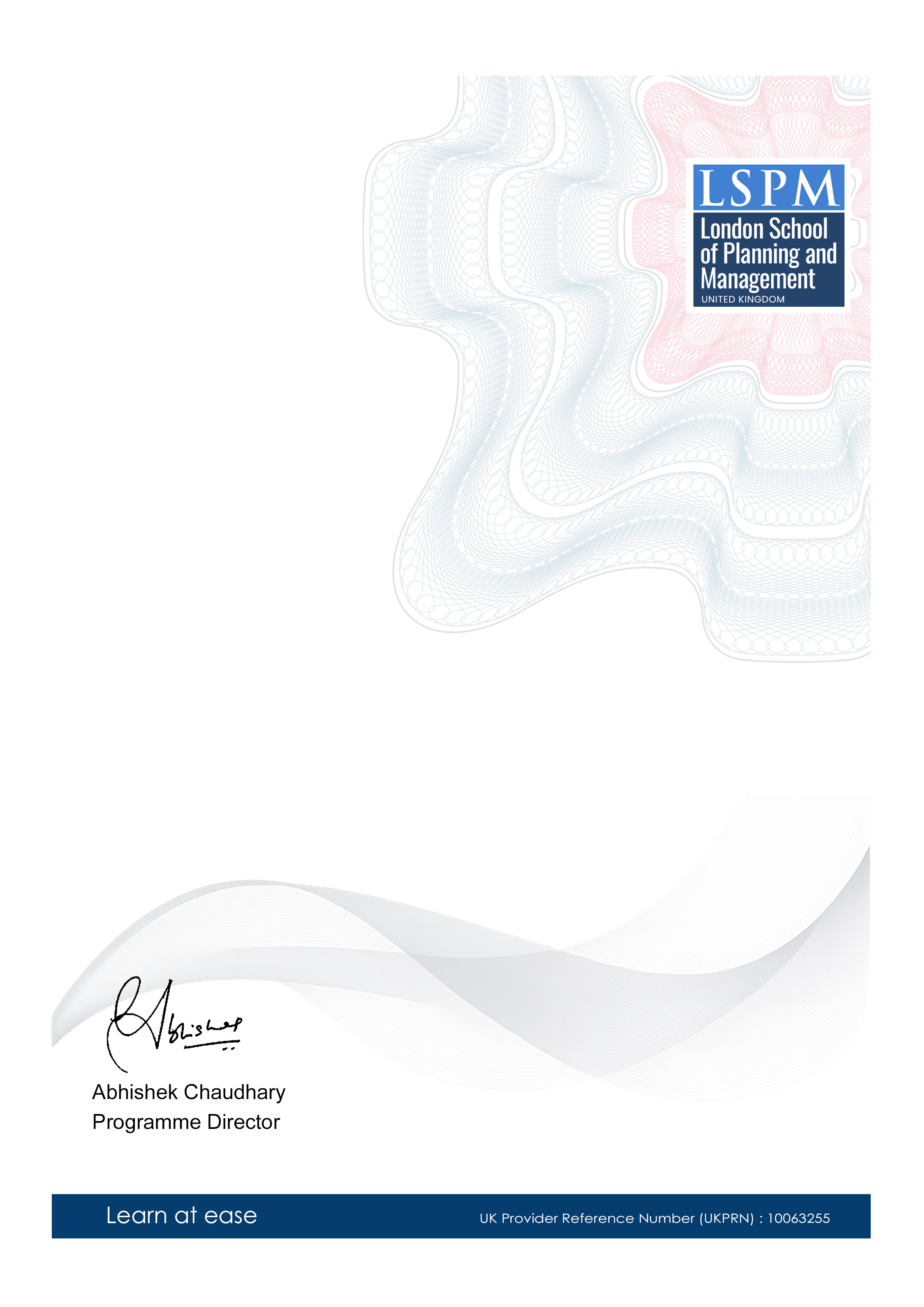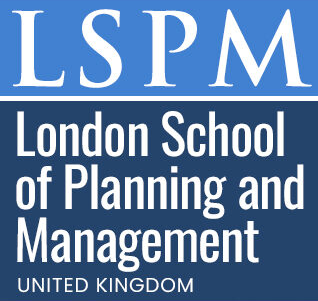Global Certificate Course in Ethical Photojournalism Code of Ethics
-- viewing nowThe Global Certificate Course in Ethical Photojournalism Code of Ethics is a comprehensive program designed to equip learners with the essential skills and knowledge required to excel in the field of photojournalism. This course emphasizes the importance of ethical practices, which are increasingly critical in today's fast-paced and interconnected world.
4,273+
Students enrolled
GBP £ 149
GBP £ 215
Save 44% with our special offer
About this course
100% online
Learn from anywhere
Shareable certificate
Add to your LinkedIn profile
2 months to complete
at 2-3 hours a week
Start anytime
No waiting period
Course details
• Code of Ethics: An overview of the ethical principles that guide photojournalism, including truthfulness, objectivity, and respect for subjects. This unit will cover the importance of a code of ethics in maintaining the integrity of the profession and the trust of the audience. • Truthfulness in Photojournalism: This unit will delve into the concept of truth in photojournalism, exploring the differences between objective reality and the photographer's subjective interpretation. It will also cover techniques for ensuring truthfulness, such as captioning and metadata. • Objectivity and Bias in Photojournalism: This unit will examine the concept of objectivity in photojournalism, exploring the ways in which personal biases can influence photographic storytelling. It will also provide guidance on recognizing and mitigating bias in image selection and presentation. • Respect for Subjects: This unit will discuss the importance of respecting the dignity and privacy of photographic subjects. It will cover best practices for obtaining informed consent, as well as ethical considerations when photographing vulnerable populations. • Digital Manipulation and Enhancement: This unit will explore the ethical implications of digital manipulation and enhancement in photojournalism. It will cover the difference between acceptable post-processing techniques and unethical manipulation, and provide guidelines for ethical image editing. • Copyright and Intellectual Property: This unit will discuss the legal and ethical considerations surrounding copyright and intellectual property in photojournalism. It will cover best practices for obtaining and granting permissions, as well as the importance of proper attribution. • Professional Conduct and Accountability: This unit will examine the professional responsibilities of photojournalists, including the importance of accountability, transparency, and fairness. It will also cover best practices for handling mistakes and ethical dilemmas.
Career path
Entry requirements
- Basic understanding of the subject matter
- Proficiency in English language
- Computer and internet access
- Basic computer skills
- Dedication to complete the course
No prior formal qualifications required. Course designed for accessibility.
Course status
This course provides practical knowledge and skills for professional development. It is:
- Not accredited by a recognized body
- Not regulated by an authorized institution
- Complementary to formal qualifications
You'll receive a certificate of completion upon successfully finishing the course.
Why people choose us for their career
Loading reviews...
Frequently Asked Questions
Course fee
- 3-4 hours per week
- Early certificate delivery
- Open enrollment - start anytime
- 2-3 hours per week
- Regular certificate delivery
- Open enrollment - start anytime
- Full course access
- Digital certificate
- Course materials
Get course information
Earn a career certificate

